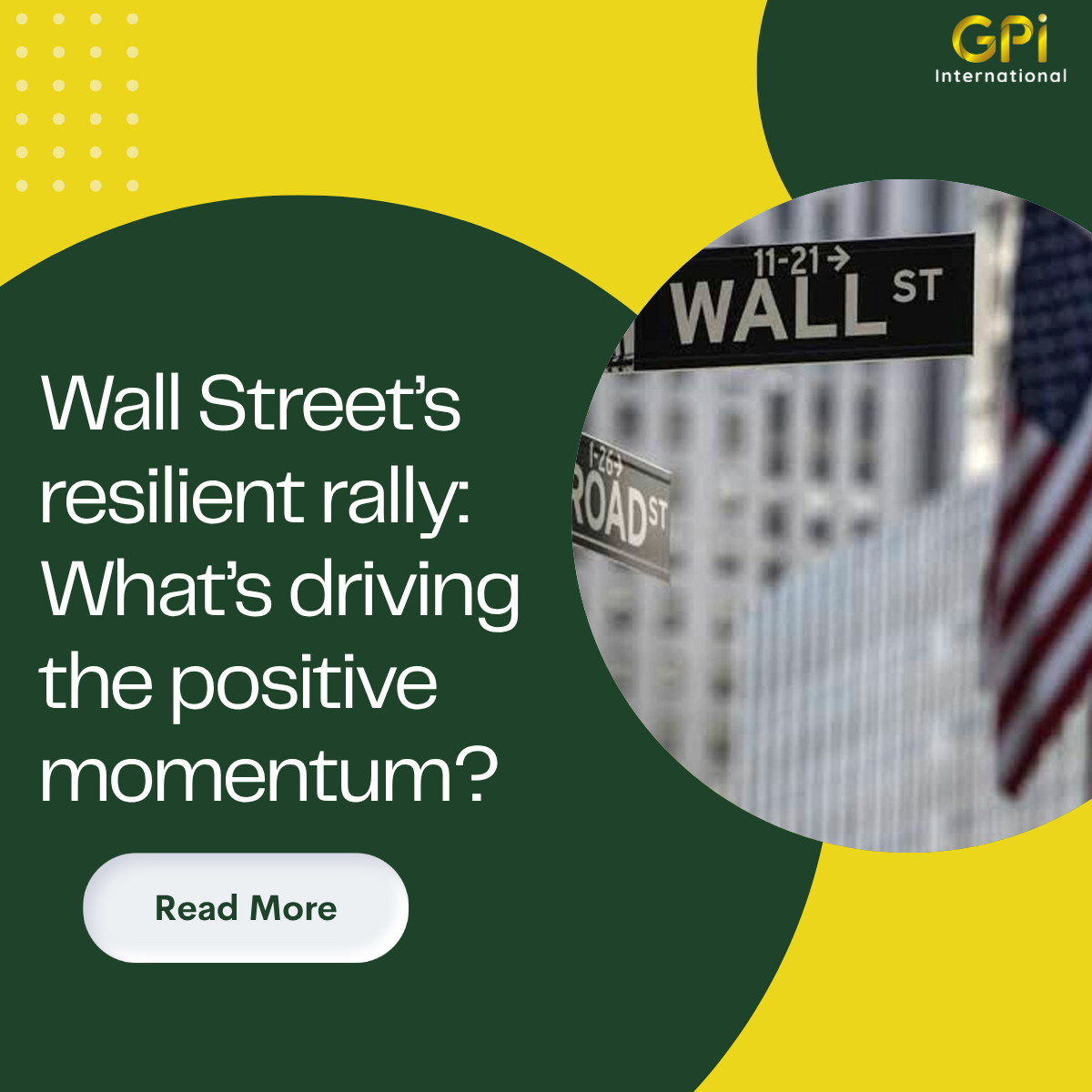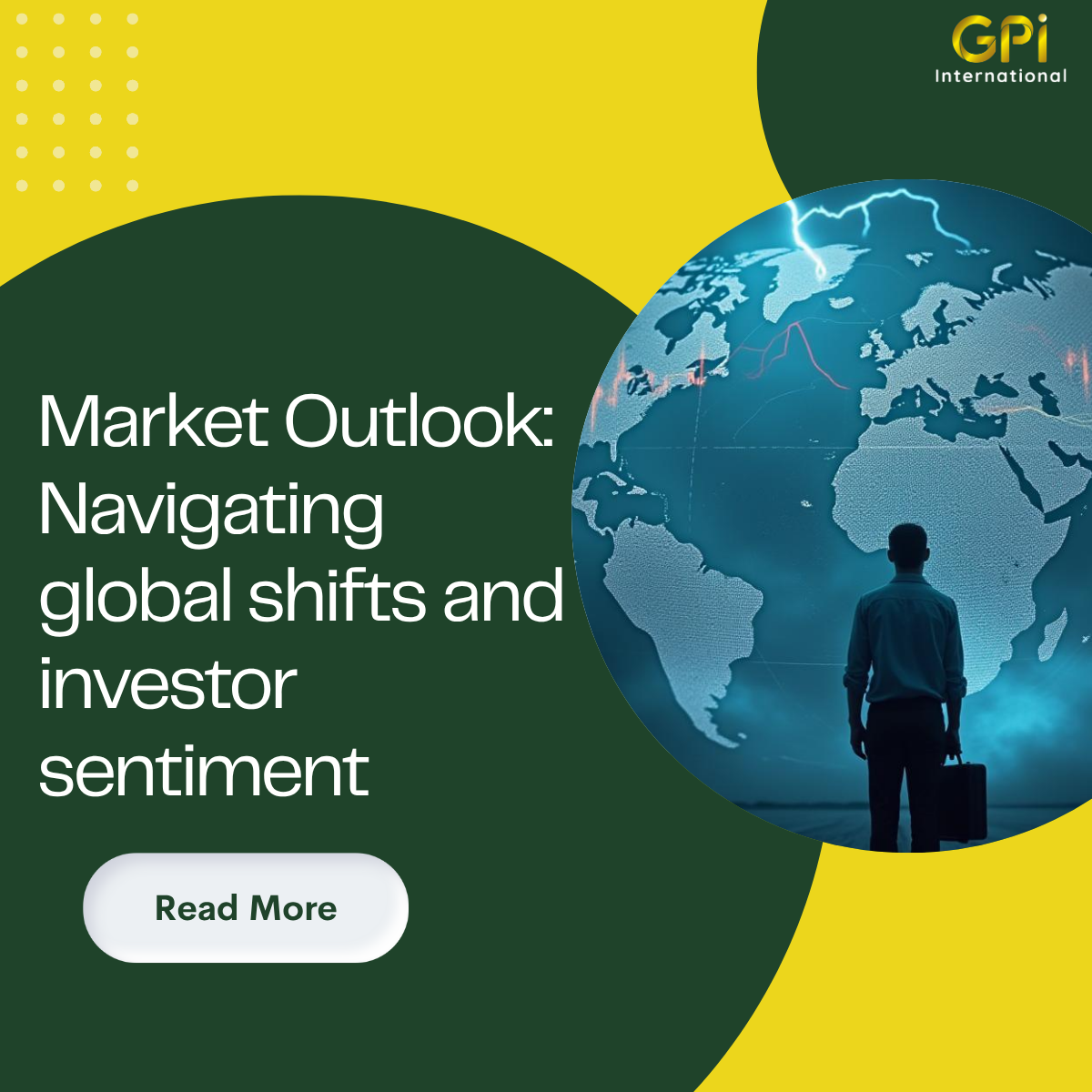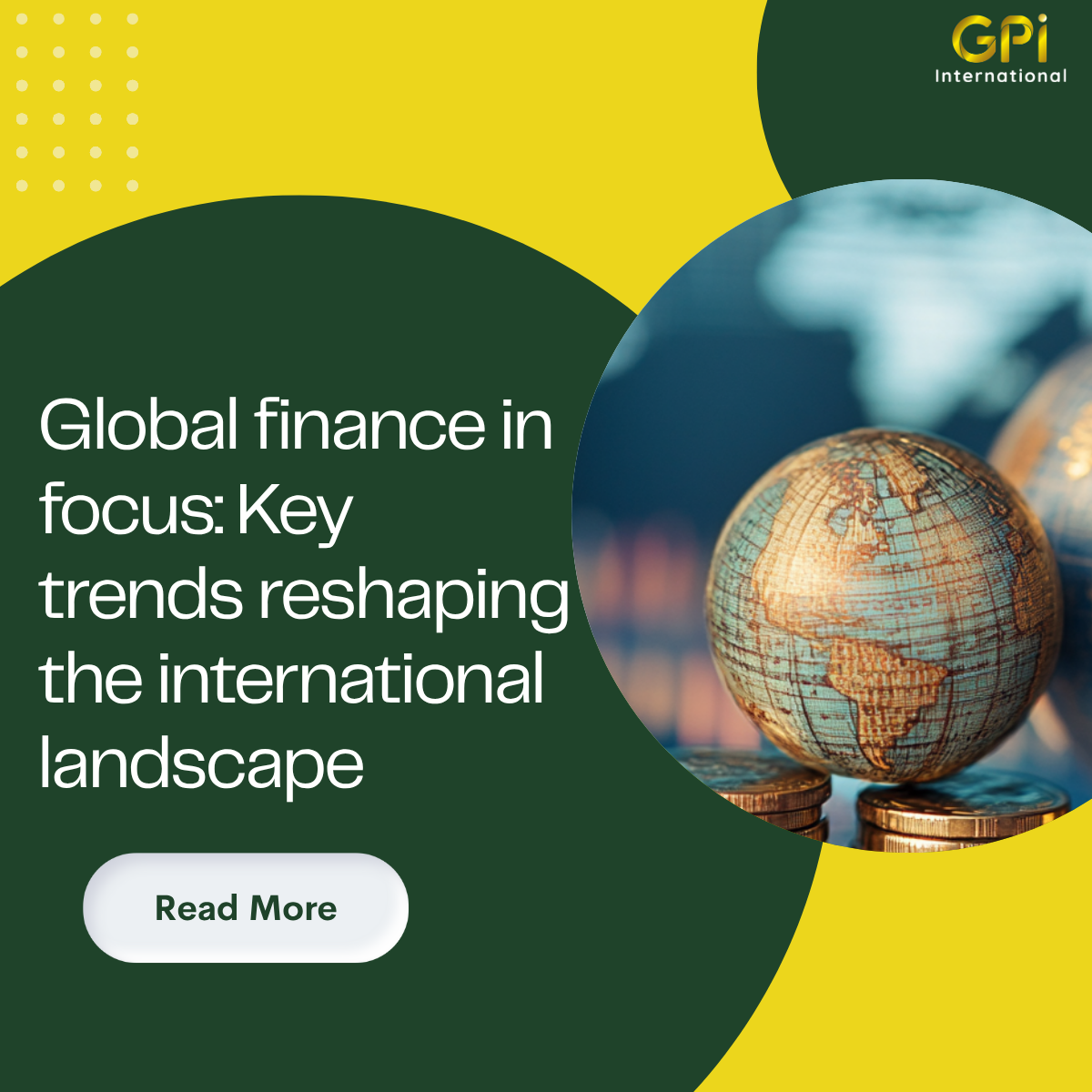How artificial intelligence is quietly reshaping global financial markets
In recent years, artificial intelligence (AI) has evolved from a futuristic concept to a central force in the way global financial markets operate. While headlines often focus on generative AI tools or job displacement fears, a quieter revolution is underway—one that is fundamentally altering how investment strategies are developed, risks are managed, and trades are executed.
For decades, institutional investors relied on traditional analysis: balance sheets, earnings reports, and economic indicators. But AI has changed the game. Today, machine learning algorithms can process vast amounts of data—much of it unstructured, such as social media sentiment, news articles, or satellite imagery—and identify patterns long before a human analyst could.
Quantitative hedge funds and trading firms are now using AI to refine investment models, adapt strategies in real time, and even predict market-moving events with increasing accuracy. These systems don’t just react to data—they learn from it, improving their performance over time.
AI has also dramatically accelerated the pace of trading. High-frequency trading (HFT) platforms, powered by machine learning, execute millions of orders in fractions of a second. These algorithms spot micro-inefficiencies and take advantage of fleeting opportunities, often before retail investors are even aware of them.
While this speed can add liquidity to markets, it also raises questions about fairness and volatility. In 2010, the “Flash Crash” saw the Dow Jones plunge nearly 1,000 points in minutes before recovering—all driven by automated trades. That incident served as a stark reminder: while AI may enhance efficiency, it must be carefully managed.
Human judgement still matters
Despite these advances, AI hasn’t replaced the role of human insight. At many leading firms, portfolio managers now work in tandem with data scientists. AI handles the heavy lifting—scanning thousands of variables, running simulations, flagging risks—while humans provide the strategic direction, ethical oversight, and nuanced decision-making that machines still lack.
AI is a tool, not a crystal ball. It can identify trends, but it doesn’t understand the context behind a central bank’s decision or a geopolitical shock. That’s where experienced professionals continue to play a vital role.
Wider implications for global investors
The growing use of AI is not confined to Wall Street or the City of London. Asset managers in Asia, sovereign wealth funds in the Middle East, and pension funds across Europe are all exploring how AI can improve returns, reduce costs, and navigate uncertainty.
In fact, AI may help level the playing field. Smaller firms that adopt AI strategically can compete with much larger players, offering more efficient, data-driven solutions to clients. At the same time, it places pressure on all market participants to keep up—to invest in new skills, infrastructure, and ethical frameworks.
Looking ahead
As AI continues to mature, its role in finance will only expand. From fraud detection and credit scoring to ESG analysis and automated advice, the technology is touching every corner of the industry.
Yet with great power comes great responsibility. Regulators are now stepping in to ensure that AI systems are transparent, explainable, and fair—especially as they take on more decision-making authority.
At GPI Europe, we believe the key to navigating this shift lies in balance: harnessing the power of AI while staying rooted in sound judgement, clear ethics, and long-term thinking. The future of finance may be digital, but it should never be detached from human values.






